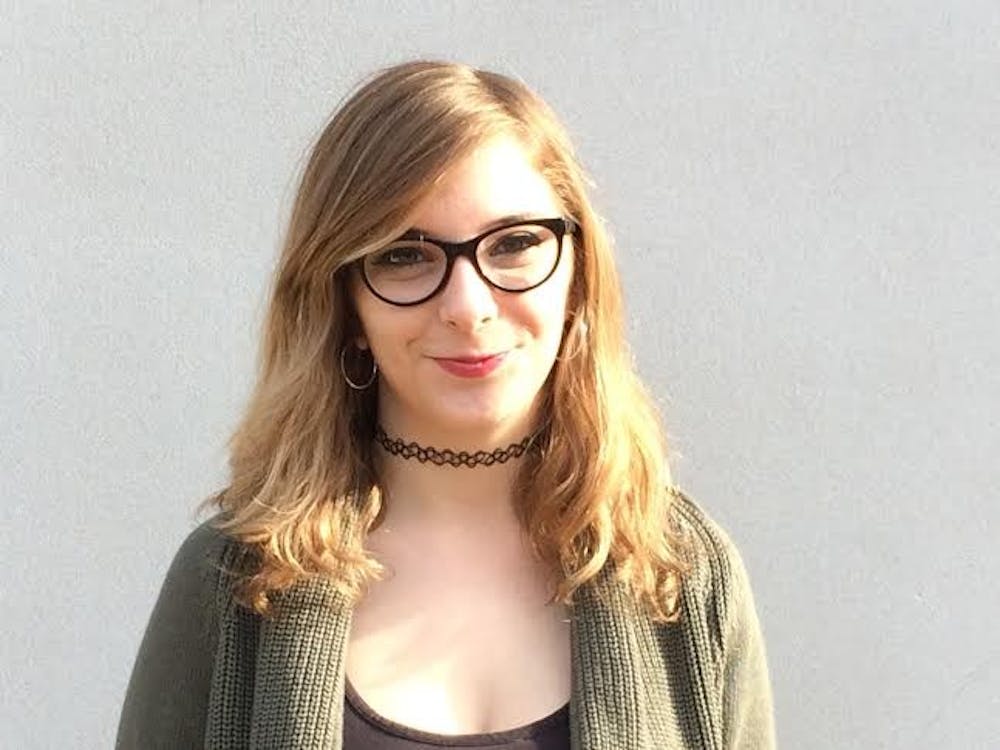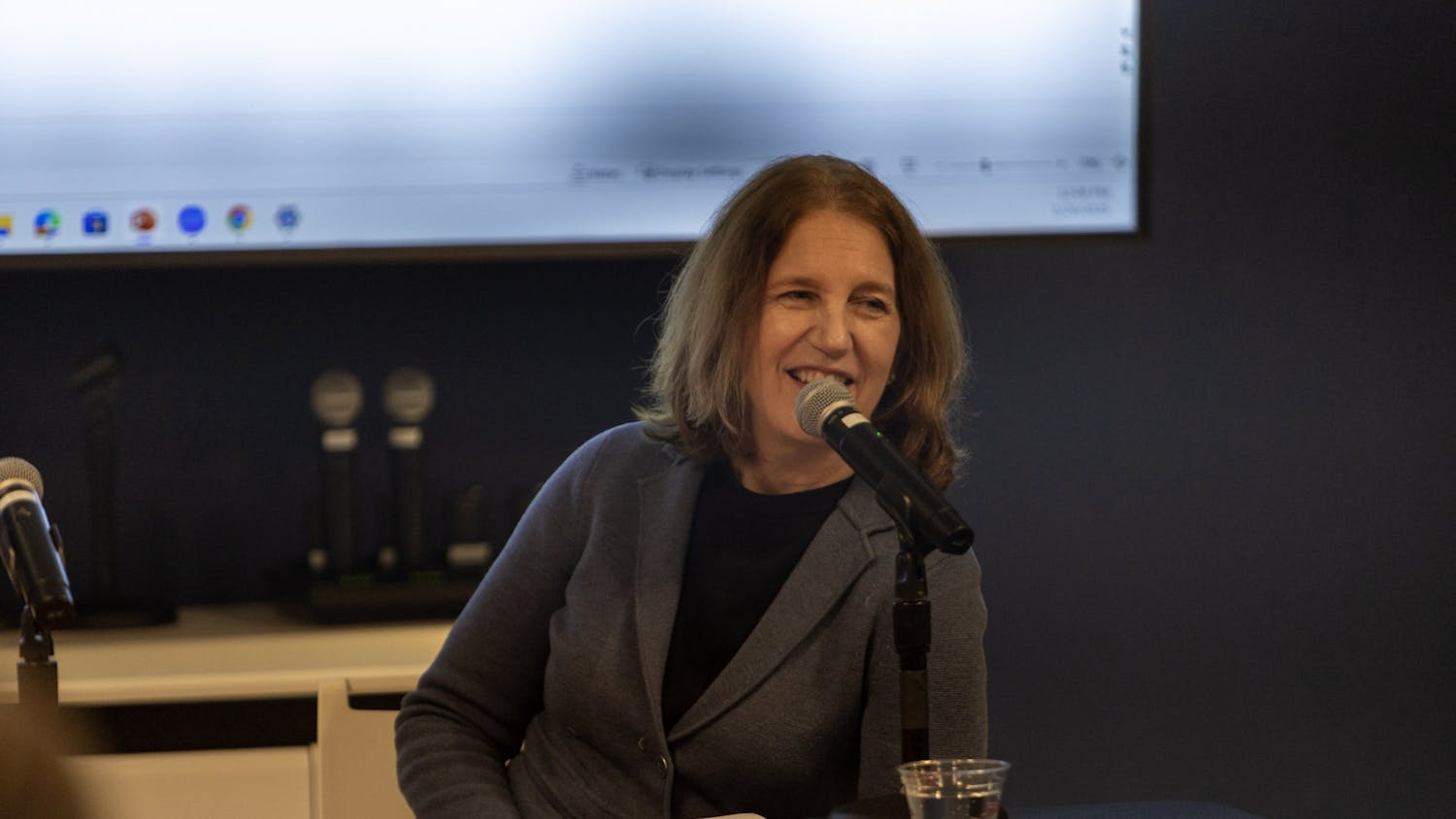Four Greek chapters have been working with Student Government and sexual assault educators to develop a curriculum for a training program specifically oriented towards members of Greek life.
The program, called Greek Leadership Against Sexual Assault, relies on informal conversations between members of chapters, rather than a formal lecture atmosphere.
Amanda Gould, the SG executive director of sexual assault awareness and prevention, runs the program with the goal of spreading the word about consent and avoiding sexual assault. Greek Leadership Against Sexual Assault will be administered on an opt-in basis for Greek organizations.
“The idea is that with Step Up and things like that, mandatory education, I think, is absolutely necessary, but it also creates a lot of resentment,” Gould said.
The program also has the support of SG, according to SG President Sasha Gilthorpe.
“When I ran for president, I didn’t want Greeks to be a part of the problem on issues like sexual assault. I really wanted to make sure that Greek life is a part of the solution every step of the way,” Gilthorpe said.
The GLASA initiative is different than preceding programs, such as training from the AU sexual assault awareness group PEERS, the national program Step Up or Empower AU, the program launched for freshmen in the first week of this year. Most of these programs in the past were either not specialized for Greek life or not focused on sexual assault, according to Gilthorpe.
Gould, as a representative of SG, runs a task force for resolving issues regarding sexual assault prevention and bystander intervention on campus. The group developed a pilot curriculum for a program that models most PEERS trainings but entails scenarios representative of scenarios that members of Greek life have faced in the past, Gould said.
“To give you an example: ‘If you hear a fraternity who had one of their brothers sexually assault someone, how would you handle that situation if you found out about it?,’” Gould said, referring to one of the questions that might be found in the curriculum. “Or, ‘If you’re in a sorority, going to an EI party, how would you handle that situation? And why should your organization stand strong against EI as an organization?”
“EI” refers to Epsilon Iota, the unrecognized fraternity that came under fire last year after an email chain among members with misogynistic messages leaked to the University community.
Four chapters are part of the pilot training program: social fraternities Zeta Beta Tau and Sigma Alpha Epsilon, social sorority Phi Sigma Sigma and the Christian co-ed chapter of Alpha Chi. PEERS members trained the four chapter representatives on Oct. 18. PEERS educators have anywhere from forty to sixty hours of training on sexual assault prevention, according to Gould.
“PEERS Training would be just on bystander intervention and sexual assault. The training the [chapter representatives] went through was a four-hour training on how to give this workshop specifically.” Gould said.
The chapter representatives will train their chapters this semester, and afterward, SG, PEERS and representatives from the four Greek chapters will reconvene to talk about which parts of the program worked and what parts did not, Gilthorpe said.
The curriculum will then be adapted to make GLASA the training standard, with the option for every Greek chapter on campus to opt in to the sessions.
SAE became the first Greek organization to complete the training as a chapter on Nov. 7. Matthew Kelly, recruitment chair and social chair for SAE, facilitated the training as the chapter representative for SAE.
“It’s very relevant to the Greek community because it addresses all the concerns of the Greek community and doesn’t bring in [an] outsider [who is] just talking at you. It’s more of a conversation of how we, as Greeks, can step up to do better,” Kelly said. “I’d like to see it go forward through the rest of the Greek community.”





